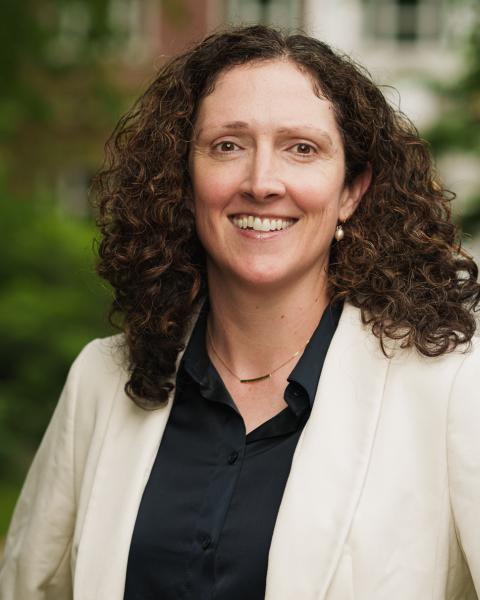Understanding How Local Community Members Value the Benefits of Small Streams in the Great Bay Watershed
Just what is your water worth? Our team is trying to answer this very question. We are working with communities to better understand how they use and value water resources. New Hampshire’s water resources support industry, provide recreation for locals and create travel and tourism destinations for visitors throughout all four seasons. In fact, I recently co-coordinated a series of workshops (with Dr. Georgia Mavrommati from UMass Boston’s School of the Environment) for local residents to better understand how they use and value Great Bay and its subwatersheds.
In the course of the workshop, we shared different scenarios with residents and talked about four ecosystem services, in particular: swimming, flood mitigation, river health, and drinking water. In essence, ecosystem services are the benefits humans receive from nature. After we share the scenario, residents debate what they perceive to be the most important ecosystem services and try to make a collective decision on how to protect manage those resources.
While the decision-making is hypothetical, the scenarios are based on current data and realistic projections. The hypothetical scenarios not only build residents’ understanding of the importance of water resources, but they could potentially help support policy and decision-making in the region.
This research is part of a collaborative grant with the University of New Hampshire, Dartmouth College, Plymouth State University, UMass Boston’s School of the Environment and Duke University with funding from the US Environmental Protection Agency.

